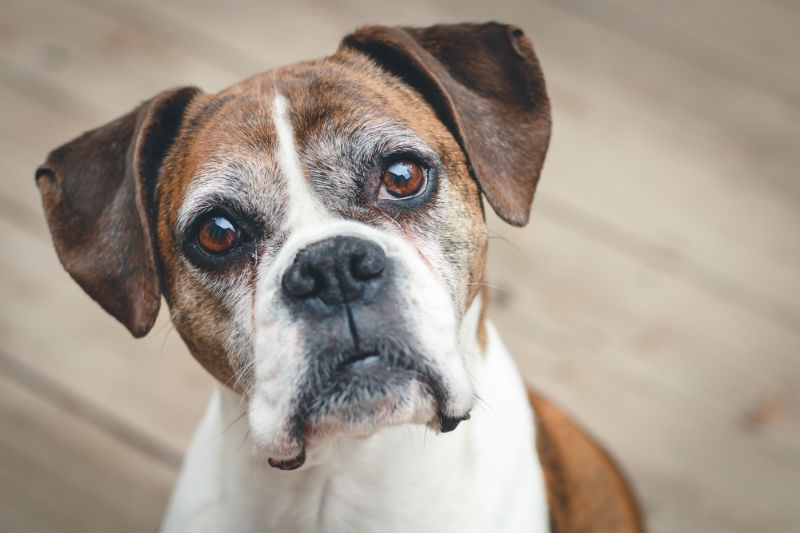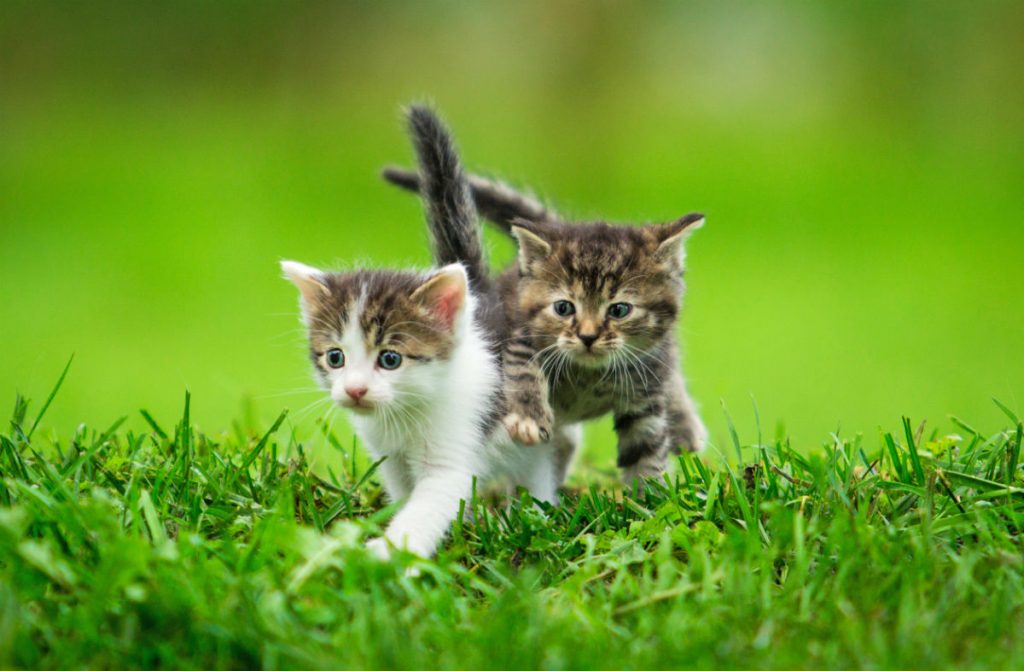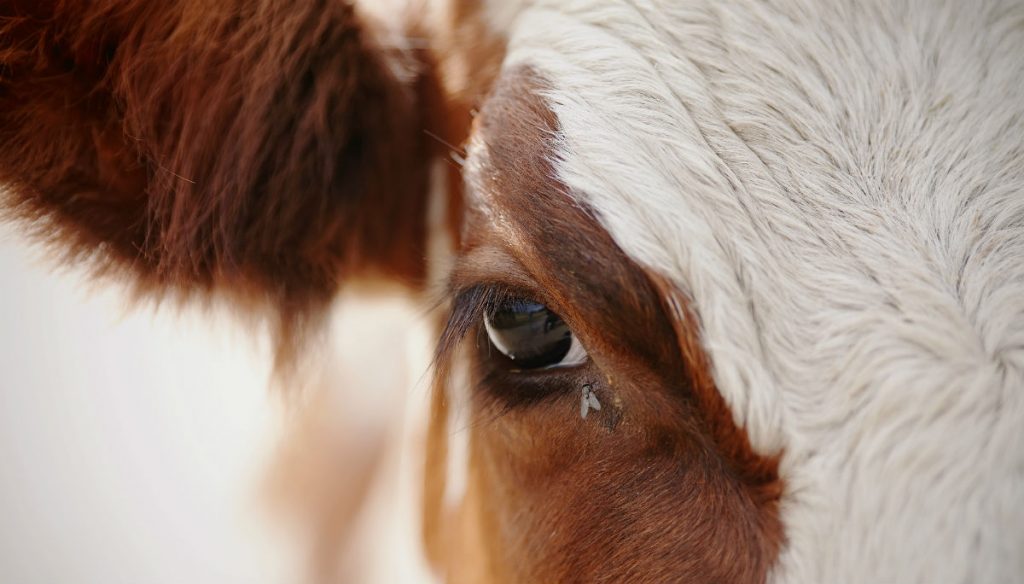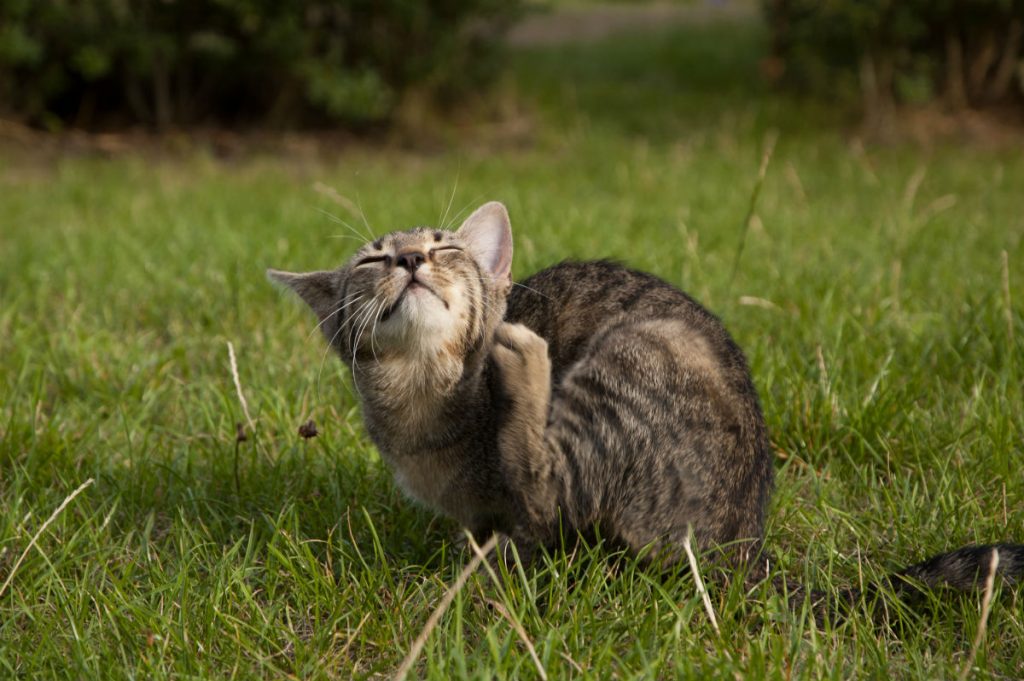We took Angel, our 12-yr old spaniel-chiahua mix, in to have her swollen ankle examined. We had thought this was…
Michael Moss
A few weeks ago, I had to say goodbye to my old dog Brutus. It was sad & heart breaking…
Lise Chiasson
I have used Westwood Hills Pet Focus for almost 5 years. I couldn’t be happier with the staff. Every single…
Leslie Gluckman
I was a former member of the Tantallon team and they are fantastic at what they do. I've heard nothing…
Samantha Lawrence
Housetraining is not only possible but also easy because dogs have a natural instinct to relieve themselves away from their living quarters. The use of the pet crate makes the whole process go more smoothly. A pet crate has the additional advantage of protecting your home from the potential destructive behaviour of a curious puppy and minimizing the chances of the puppy injuring themselves.
Feed your puppy three meals per day. Consistency in feeding time makes the time of elimination more predictable. The last feeding should be no later than 6pm. Removing water at 8 pm may be helpful for the first few months. Our veterinarians at Westwood Hills Veterinary Hospital can help you choose a diet that works for your pet.
Select one toilet area for your puppy. Take your puppy to this area at the time he/she is most likely to need to eliminate right after sleeping, soon after eating, etc. In the beginning, it is advisable to take the puppy out every 30-45 minutes. Always provide the puppy the opportunity to go outside to eliminate just before being put back in the crate. Always take the puppy outside immediately after returning home before the excitement causes an accident. Praise your puppy immediately after eliminating it in the right area. If you find an accident, do not raise your voice, do not spank your puppy, and do not rub their nose in it. Punishment does not make your puppy afraid of the accident but afraid of you. It also makes your puppy think that you don't want the puppy to pee in front of you. This means that when you take your puppy outside, it is going to hold it; as soon as you come back inside, that puppy will then run somewhere that you can't see it and pee there.
Most puppies will be “regular”. They will go out at the same time every time after eating. Most puppies will be eliminated within 10 minutes after eating. Once you have learned the specific time for your specific time for your specific puppy, you will have a good idea of what time you should routinely take the puppy outside.
Use products that neutralize odour when cleaning up accidents. We stock an effect stain and odour removal, particularly for this reason.
Remember to be patient. Housetraining should be complete by 4-6 months of age, but it is still advisable to keep the pet in the crate when you are away from home for several months to prevent possible destructive behaviours. Also, remember that your puppy needs plenty of play and exercise when out of the crate.
Read More





